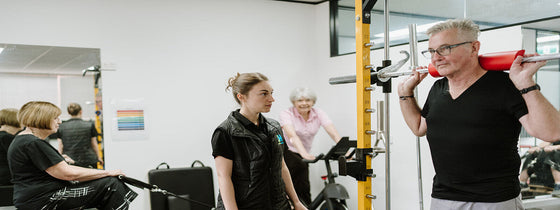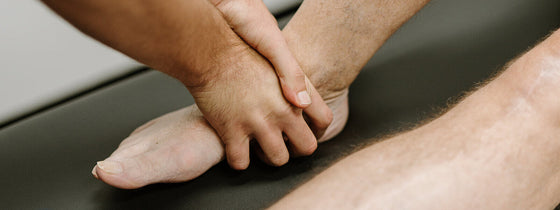Good nutrition from a balanced diet helps us to feel energised, perform at our best with sporting activities and, of course, optimise our health and wellbeing.
So, what happens when you have a child who is a fussy eater and you are worried that they aren't getting the balance they need?
Some strategies to consider are:
1. Avoid pressure, bribery or coercion. It often backfires when it comes to children eating. Aim for your child to feel calm and comfortable around food and mealtimes.
2. Set up your child for success. As well as avoiding pressure with meals, you want your child to have an appetite and be alert enough to enjoy the meal. Think about meal and snack times and limit grazing in between.
3. 'The Division of Responsiblity' by Ellyn Satter is a great model to follow in feeding your children. Caregivers are responsible for what and when food is provided and children are responsible for how much they eat of the food offered. No need to make special meals for your fussy eater. If you know your child is going to find a meal tricky, you could try offering food separately (eg keep sauce on the side) and maybe have on offer some accepted, filling, accompaniments - side dishes you know your child likes.
4. Exposure and a positive environment around food can be helpful. This may be getting your child involced in cooking, growing, shopping for food, or just spending time together around a meal.
Eating is a complex process that involves all of our senses and is influenced by our past, as well as our present experiences. If general strategies aren't helpful to your child, or you are worried about adequate nutrition, get in touch with our paediatric dietitian who can help you navigate the complexities that you and your child face with nutrition and eating.

If you're experiencing back or neck pain with neurological signs and symptoms, a thorough neurological examination is crucial for accurate assessment and effective treatment. In this Optimal Tip learn more about what we mean by completing a neurological exam!

Squats, deadlifts, and calf raises are key movement patterns that should be part of every strength and conditioning program—regardless of age and activity level. These functional movements support joint health, improve posture and balance, and reduce the risk of injury while building strength where it matters most.

A ganglion cyst is a fluid-filled swelling that typically forms over a joint or tendon sheath, causing discomfort and pain, especially when pressing against nerves or joints. Proper assessment and treatment, including physiotherapy, are essential for managing symptoms and improving function in the presence of a ganglion in your hand, foot, or wrist.